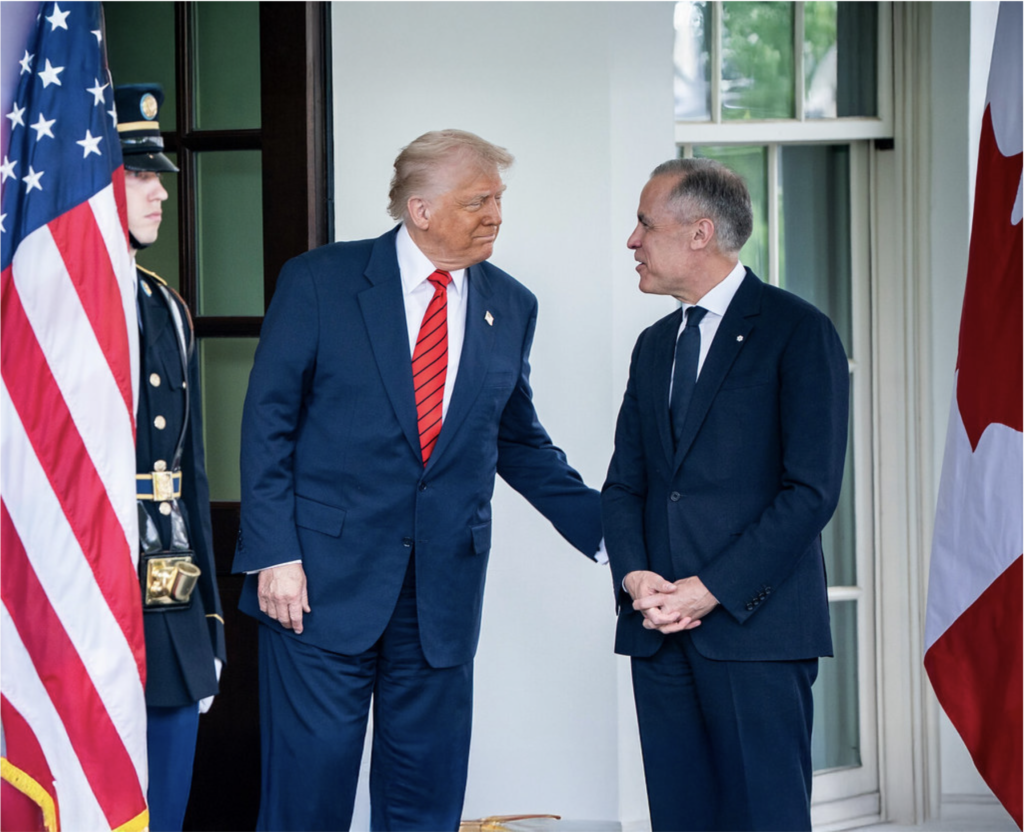HIST 3304A — Canada–United States Relations
HIST 3304A — Canada–United States Relations
Winter 2026
Instructor: ProfessorStephen Azzi

Introduction: This course examines the evolution of Canada–US relations from the American Revolution to present day. Topics include political, military, economic, and cultural ties; shared values and diverging interests; nationalism and anti-Americanism; and both official and unofficial cross-border interactions. The course explores not only the relationship between governments but also connections between the peoples of the two countries
Format: The class will meet in person once per week for three hours. Sessions will include a mix of lectures and discussions.
Learning Outcomes: The course is designed to help students to think clearly and critically about the forces shaping Canada–US relations; analyze historical texts and debates with clarity and insight; communicate ideas effectively in both written and oral from; and reflect on their own preconceptions about Canada and the United States. The course also introduces key elements of historical methodology.
Assessment: Evaluation will be based on class participation, one essay, and one examination. The examination will be written in person over three hours. Consisting of both short answer and essay questions, it will cover material from the lectures, discussions, and the textbook.
Required Text: Stephen Azzi, Reconcilable Differences: A History of Canada–US Relations (Toronto: Oxford University Press, 2015).
Contact: If you have questions about the course, please contact Professor Azzi at stephen.azzi@carleton.ca